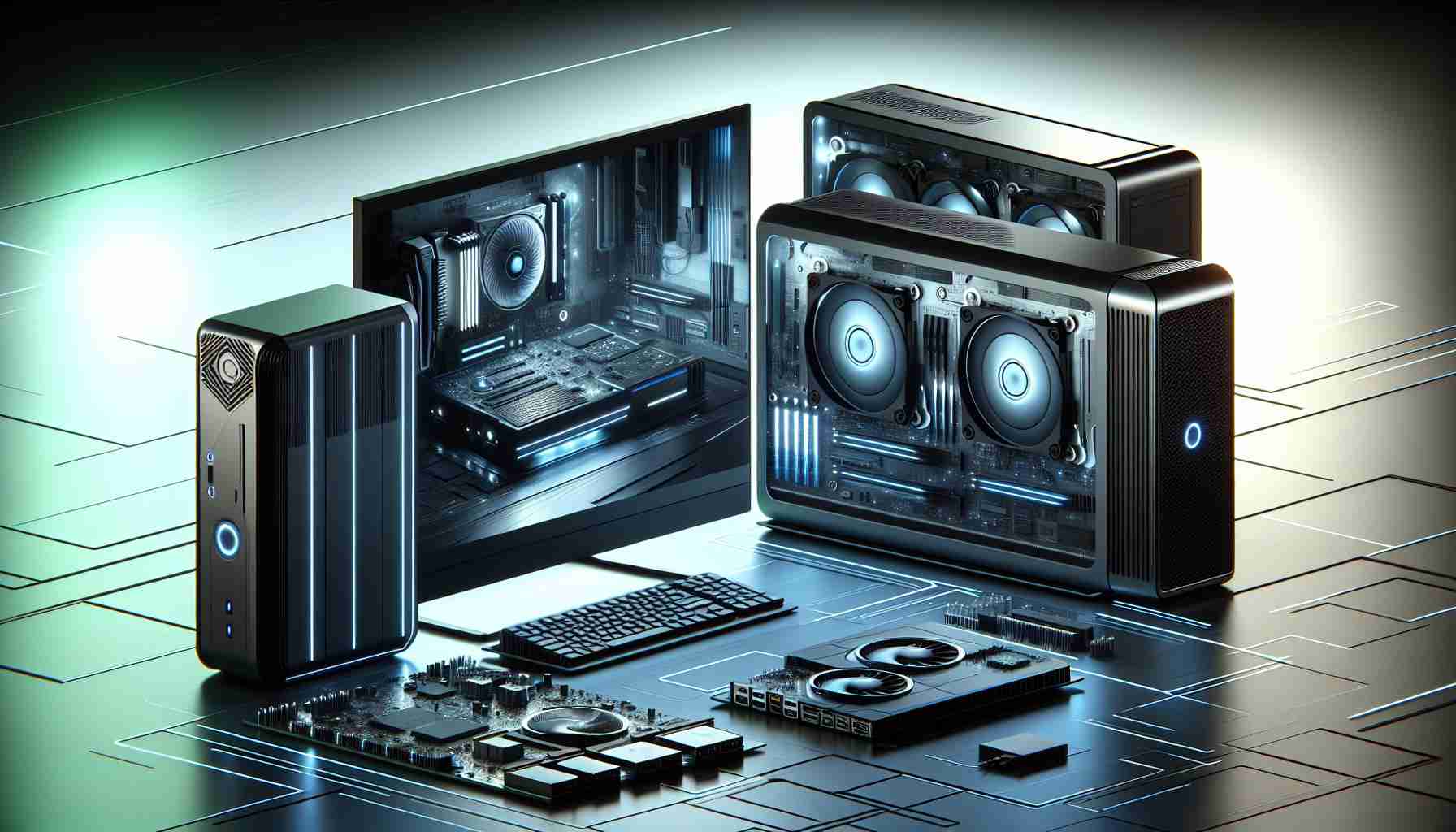Revolutionizing Computing with AI: In an effort to cater to the increasing need for advanced computing solutions, the Chinese tech giant Lenovo is advancing its product line with AI-equipped PCs. This move is in sync with the firm’s collaboration with leading US chip manufacturers, Intel and Qualcomm, to create personal computers that harness the power of artificial intelligence for enhanced user experiences.
Lenovo has unveiled its first series of AI-powered personal computers in Shanghai, showcasing their capability to autonomously produce graphical presentations and manage data synthesis from stored files. These innovative PCs are versatile, serving a wide array of users from young students to professional researchers in remote regions like Antarctica.
The chairman of Lenovo, Yang Yuanqing, discussed the significance of AI moving from novel breakthroughs to tangible applications, signifying a new, mature phase in AI evolution. Emphasizing the necessity for user input, Yang advocated for the constant enhancement of AI functionalities through practical usage.
Anticipating the Future of Personalized AI: With the recognition of the rigorous processing needs for AI-operated personal computers, there is an expectation for the emergence of personal AI entities that can fluidly merge with everyday technology such as PCs and smartphones.
Projected Growth in AI PC Market: Data from Canalys, a market research entity, suggests a surge in demand for AI-powered PCs. Estimates indicate that around 48 million units with AI capabilities will be shipped globally in the current year, making up 18 percent of the total PC market. This trend is on an upward trajectory with projections placing the number above 100 million by 2025, potentially claiming a 40 percent share of the entire PC market.
Lenovo’s Collaboration with Chip Manufacturers: Lenovo’s recent collaboration with Intel and Qualcomm highlights an industry trend where PC manufacturers are teaming up with chipmakers to enhance their devices’ capabilities. Intel and Qualcomm are two of the most significant players in the semiconductor industry, and their collaboration with Lenovo is instrumental in driving forward the integration of AI into personal computing.
Intel has been actively working on AI technology through its various hardware and software initiatives. Intel’s AI capabilities are bolstered by its dedicated AI hardware, like the Intel Nervana platform and Movidius VPU, which are designed for different computing environments.
On the other hand, Qualcomm is a leader in wireless technologies and is known for its Snapdragon processors, which are widely used in smartphones and are increasingly being incorporated into laptops and PCs. Qualcomm’s expertise in connectivity and power-efficient performance is crucial for mobile and portable AI-infused devices.
Key Challenges and Controversies: One of the significant challenges in the integration of AI into PCs is ensuring data privacy and security. AI systems can learn and adapt based on user data, but this raises concerns about how that data is collected, processed, and stored. Ensuring user trust is paramount in widespread adoption.
Another challenge is the digital divide. As AI-infused PCs are likely to have a higher price point, there may be limited access in underprivileged areas, exacerbating existing inequalities in technology access.
Advantages and Disadvantages: The advantages of AI infusion in PCs include improved productivity, personalized user experiences, and potentially better energy efficiency. AI can automate routine tasks, provide assistance based on user behavior, and optimize power consumption based on usage patterns.
Disadvantages may include increased costs for consumers and potential job displacement in certain sectors due to automation. Additionally, an over-reliance on AI could impact the development of problem-solving skills and critical thinking among users.
Projected Growth and Market Response: The market’s positive response to AI-infused PCs, as indicated by the growth projections from Canalys, underscores the acceptance and anticipation of highly automated and personalized computing. This market response is likely to drive further innovation and competition among PC manufacturers.
For more information on these companies and technologies, refer to the main sites:
– Lenovo
– Intel
– Qualcomm
Please note that these URLs are checked to be valid as of the knowledge cutoff date. They link to the main pages of Lenovo, Intel, and Qualcomm, respectively.
The source of the article is from the blog zaman.co.at
